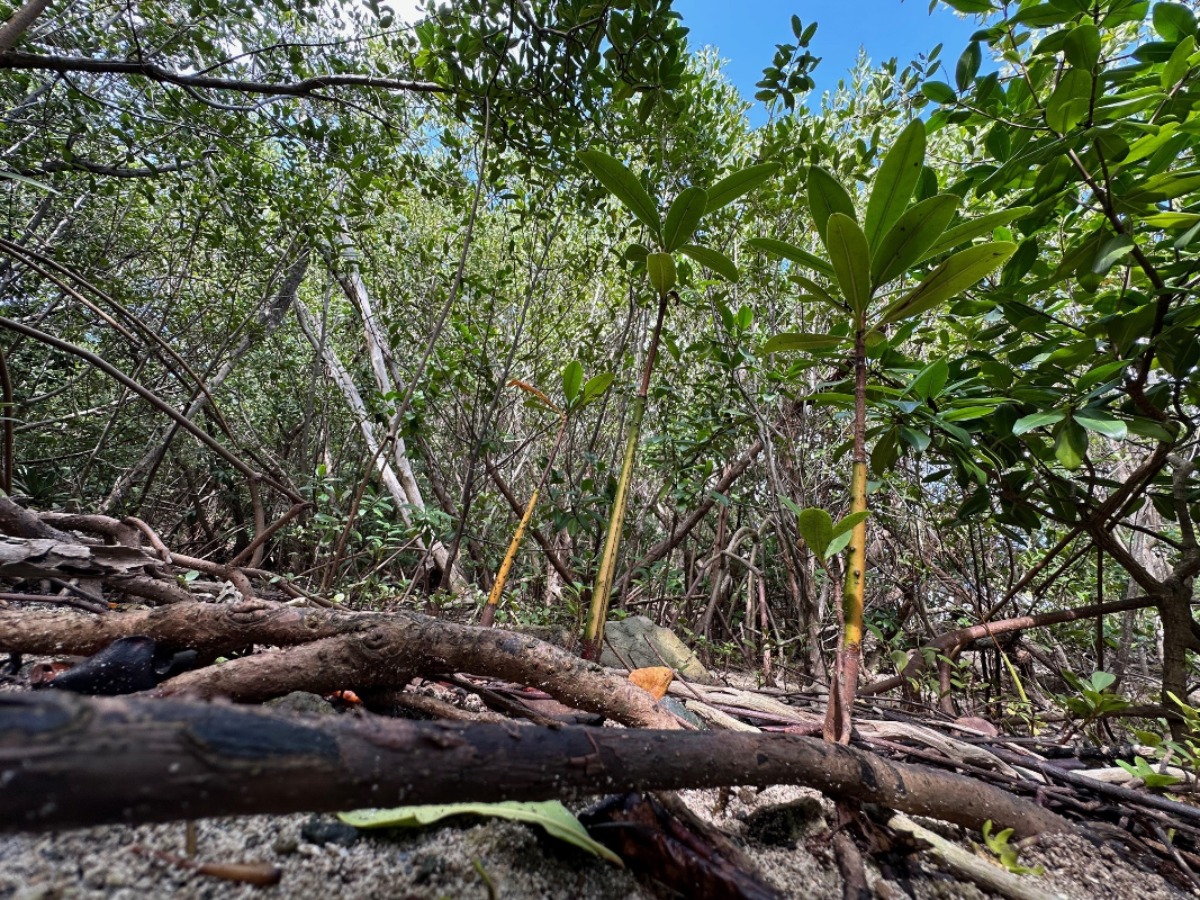
Community members are invited to participate in two public workshops focused on coral and mangrove restoration and how these ecosystems support local communities, businesses, and livelihoods. The events will take place on May 14, at Coral World and May 15, at Island Life Watersports in Bovoni.
Hosted by the University of the Virgin Islands, the Natural Capital Project at Stanford University, and East Carolina University, the workshops are part of the National Science Foundation-funded “Strong Coasts” project. The initiative seeks to engage local residents in developing nature-based solutions that strengthen climate resilience in coastal communities.
Participants will contribute to interactive mapping and discussions on:
Attendees will also share insights into how these ecosystems impact daily life and the local economy. The information gathered will help inform new strategies to enhance coastal resilience and better support communities that rely on natural resources.
Workshop Details:
Who Should Attend:
Tour guides, business owners, fishers, hospitality professionals, non-profit representatives,
government employees, educators, real estate professionals, homeowners and renters
from Estate Bovoni and Smith Bay, and all interested community members.
RSVP: Please register at https://forms.gle/mrT3h7x2Pxzpzbyq6.
Food will be provided, and all attendees will be entered into a raffle to win grocery store gift cards.
To learn more about the Strong Coasts project, visit:
https://naturalcapitalproject.stanford.edu/research/projects/strong-coasts-reducing-climate-risks-equitable-nature-based-solutions
This project is part of the U.S. National Science Foundation’s Coastlines and People (CoPe) program and is led by the University of South Florida under Award #2209284.